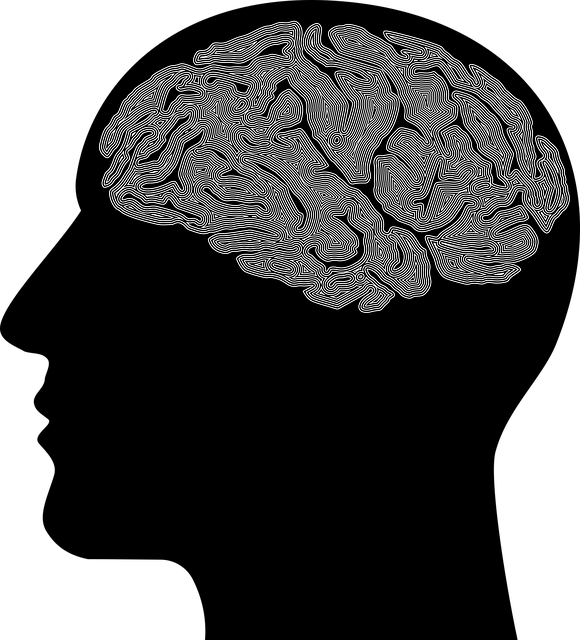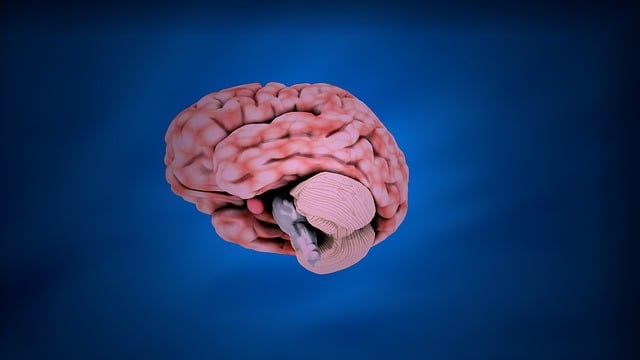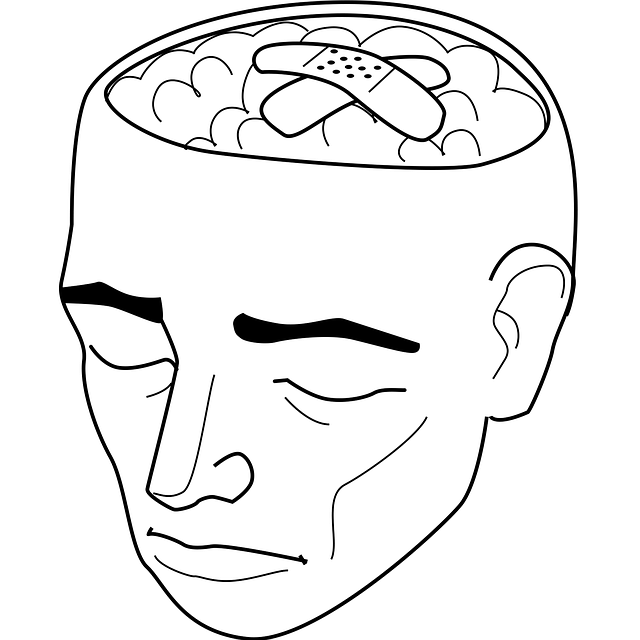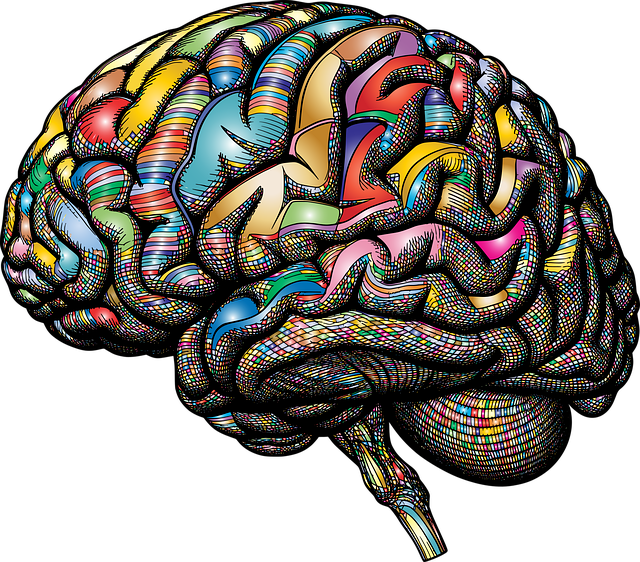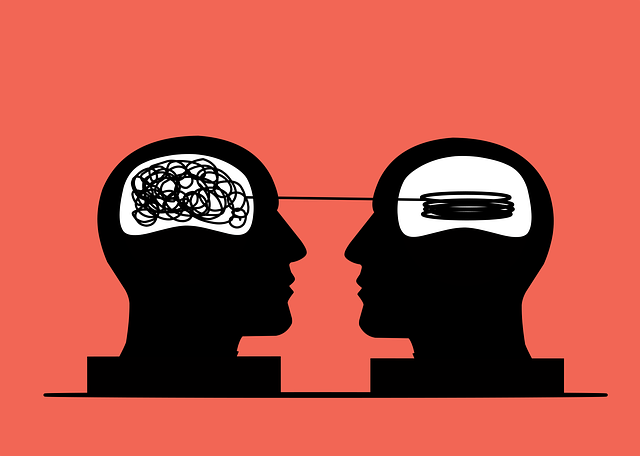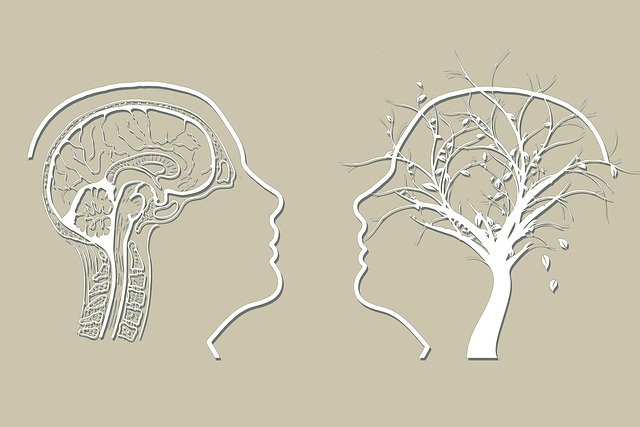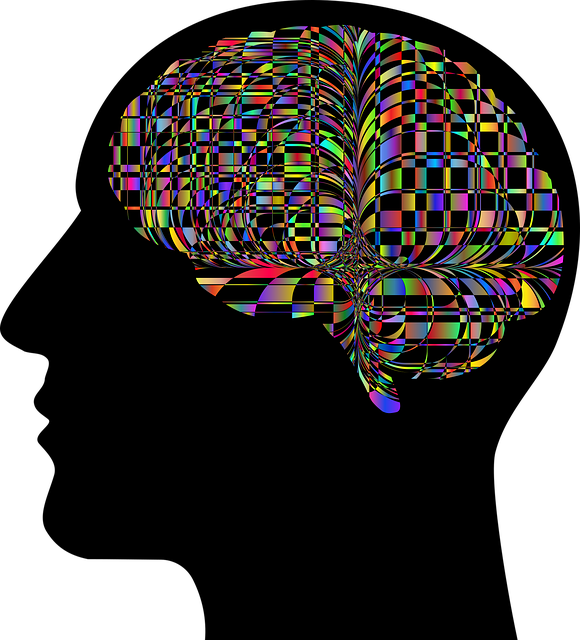Mental wellness involves emotional, psychological, and social dimensions that impact daily life. Denver Neuro Disorders Therapy emphasizes personalized care, suggesting journaling as a powerful tool for self-reflection and mental health management. By dedicating time each day to write about thoughts, emotions, and experiences, individuals gain insights, reduce stress, and improve emotional regulation—crucial elements for maintaining balance and overall well-being. Incorporating mindfulness exercises, cognitive reframing, and positive affirmations into a journaling routine enhances its effectiveness as a self-care tool. This practice supports progress tracking, personal growth, and crisis intervention strategies, ultimately fostering a healthier, more balanced mindset through structured self-reflection.
“Unwind your mind and embark on a journey of self-discovery with mental wellness journaling. This powerful practice, recommended by Denver Neuro Disorders Therapy experts, offers a calm space for reflection and growth. In this article, we explore how journaling can enhance mental wellness, provide practical tips from Denver Neuro Disorders Therapy professionals to establish a routine, and guide you through incorporating therapeutic techniques. Learn to track your progress and celebrate milestones as you transform your mental landscape.”
- Understanding Mental Wellness and Its Impact
- The Power of Journaling for Self-Reflection
- Creating a Journaling Routine: Tips from Denver Neuro Disorders Therapy
- Incorporating Therapeutic Techniques into Your Journal
- Tracking Progress and Celebrating Milestones
Understanding Mental Wellness and Its Impact

Mental wellness is a holistic concept encompassing our emotional, psychological, and social well-being. It’s about how we think, feel, and act in daily life, affecting our ability to cope with stress, make choices, and relate to others. Understanding mental wellness involves recognizing its dynamic nature; what constitutes good mental health for one person might differ from another. This recognition is crucial for individuals seeking Denver Neuro Disorders Therapy, as it highlights the importance of personalized approaches to care.
The impact of mental wellness extends beyond feelings of happiness or sadness. Poor mental health can affect our ability to function in daily life, leading to challenges in work, relationships, and self-care. Effective mood management and emotional regulation techniques are essential tools for maintaining balance. By integrating these practices into their routines, individuals can foster Self-Care Routine Development for Better Mental Health, ultimately enhancing their overall well-being.
The Power of Journaling for Self-Reflection

Journaling is a powerful tool for self-reflection and mental wellness, offering individuals a chance to explore their thoughts and emotions in a safe, private space. For those navigating neuro disorders in Denver, this practice can be transformative. By setting aside dedicated time each day to write, individuals can gain valuable insights into their experiences, patterns of thinking, and emotional responses. Through introspection, they may uncover triggers, develop coping mechanisms, and cultivate self-awareness—essential components in the pursuit of mental health and well-being.
In the context of Denver Neuro Disorders Therapy, journaling becomes a means to bridge the gap between sessions. It facilitates the transfer of insights gained during therapy into everyday life, fostering continuous personal growth. Moreover, it empowers individuals to actively participate in their mental health education programs, enhancing the effectiveness of communication strategies and even depression prevention efforts. The act of putting pen to paper allows for clarity, self-acceptance, and the ability to track progress over time—a valuable asset on one’s journey towards holistic mental wellness.
Creating a Journaling Routine: Tips from Denver Neuro Disorders Therapy

Establishing a consistent journaling routine can significantly contribute to one’s mental wellness, as advocated by Denver Neuro Disorders Therapy. Dedicate a specific time each day for this practice, whether it’s in the morning or before bed, to create a sense of structure and consistency. Start with a clean, quiet space where you won’t be disturbed. Set aside a few minutes to reflect on your thoughts, emotions, and experiences without judgment. Denver Neuro Disorders Therapy suggests using prompts like “What made me happy today?” or “What challenges did I face and how can I learn from them?” to guide your journaling process.
Over time, this practice becomes a powerful tool for self-awareness and stress reduction methods. By regularly examining one’s mental state, individuals can better understand their triggers and develop strategies to manage difficult emotions. Moreover, it serves as an essential risk assessment tool for mental health professionals, offering insights into clients’ lives and progress. Mental wellness journaling is not just about recording events; it’s a journey of self-discovery, resilience, and growth.
Incorporating Therapeutic Techniques into Your Journal

Incorporating therapeutic techniques into your mental wellness journal can enhance its effectiveness as a self-care tool. Techniques such as mindfulness exercises, cognitive reframing, and positive affirmations can be seamlessly integrated into journaling practices. For instance, starting each entry with a brief mindfulness exercise helps ground you in the present moment, promoting clarity and reducing anxiety. Write about your emotions, thoughts, and experiences without judgment, allowing you to gain insights and develop better communication strategies.
Denver Neuro Disorders Therapy offers valuable crisis intervention guidance that can be adapted for journaling. Techniques like deep breathing exercises or grounding techniques help manage intense feelings during challenging times. Additionally, including a section for tracking progress or setting achievable goals can provide a sense of accomplishment and hope, especially when dealing with anxiety relief. By combining these strategies, your mental wellness journal becomes a dynamic tool for self-reflection, personal growth, and maintaining emotional balance.
Tracking Progress and Celebrating Milestones

Keeping a mental wellness journal is not just about recording thoughts; it’s also an effective tool to track your progress and celebrate milestones. As you consistently reflect on your feelings, behaviors, and thought patterns, you’ll start to notice positive shifts in your mental health. Look for recurring themes, such as increased awareness of triggers or improved coping skills, and use these insights to set realistic goals. By setting achievable targets, like practicing mindfulness for 15 minutes daily or engaging in a hobby once a week, you can create a sense of accomplishment that fosters positive thinking.
For individuals in Denver Neuro Disorders Therapy or healthcare professionals adopting burnout prevention strategies, journaling offers an opportunity to pause and appreciate small victories. Recognizing personal growth, no matter how modest, reinforces resilience and promotes the development of coping skills. Incorporate celebrations into your routine—whether it’s treating yourself to a relaxing activity after completing a particularly challenging entry or sharing achievements with loved ones. Celebrating milestones in your mental wellness journey is crucial for maintaining motivation and cultivating a healthier, more balanced mindset.
Mental wellness journaling can be a powerful tool for self-reflection and personal growth, as highlighted by the insights from Denver Neuro Disorders Therapy. By incorporating therapeutic techniques into your routine, you can track progress, celebrate milestones, and cultivate a deeper understanding of yourself. This simple yet effective practice may just be the key to enhancing your mental wellness journey.

